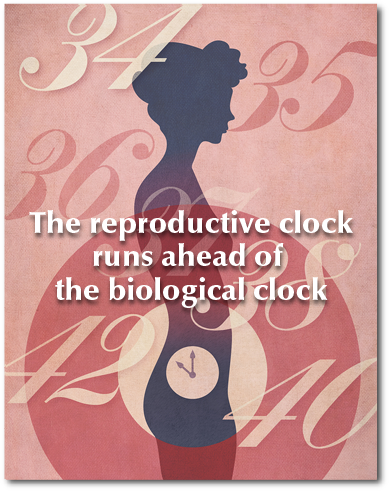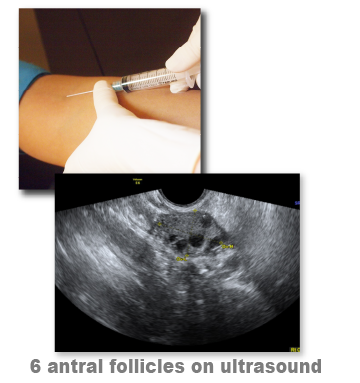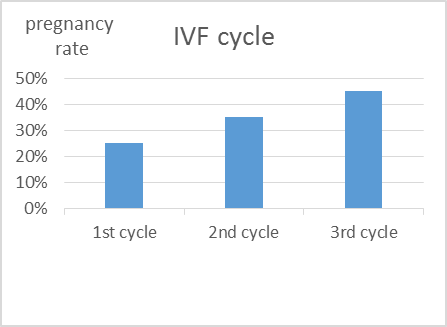Female Infertility . Female Age

A female’s age is the most important factor governing egg quantity and egg quality, which directly affects the pregnancy rate.
Medicine cannot reverse ageing. Medical technologies such as IVF will improve the success of child bearing but the success rate still considerably decreases after the age of 30.
The major cause for IVF failures for advanced female age is the high percentage of chromosomally abnormal embryos which cannot implant. Some may have their eggs aged starting from the age of 30.
Basing on this, our centre suggests that women should have ovarian reserve tests as part of their premarital or prepregnancy check-up package.

- AMH (Antimullerian Hormone)
- AFC (Antral Follicle Count)
If AMH and AFC levels are low, this indicates low ovarian reserve.
Advanced female age, blood AMH and ultrasound AFC all can indicate low ovarian reserve. Therefore, our centre suggests that females aged 35 or above or females with low AMH/AFC levels should consult a fertility doctor for assessment and treatment. Even for younger women who have normal AMH/AFC, they should try to get pregnant early.
**For preservation of oocytes at young age, please refer to “Associated Reproductive Technologies”**





